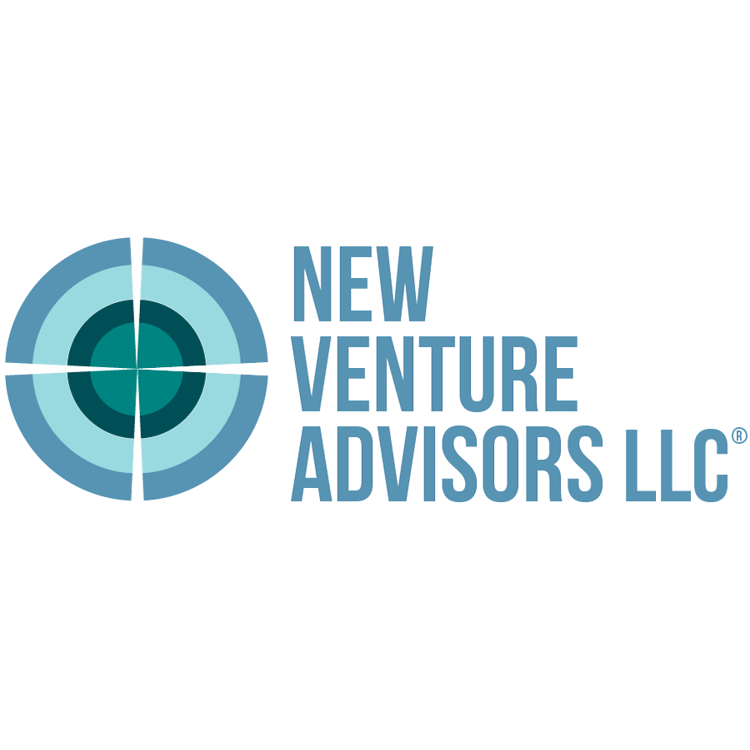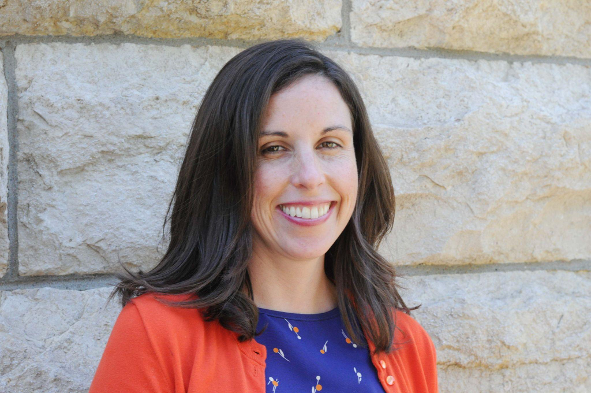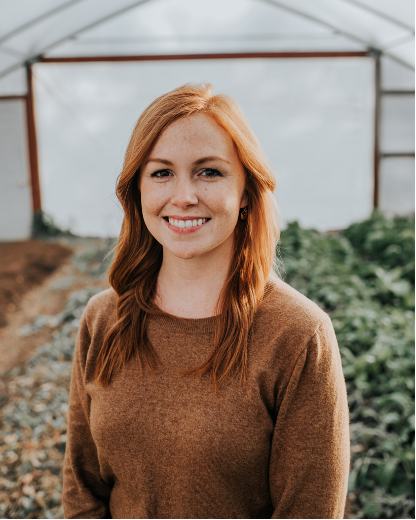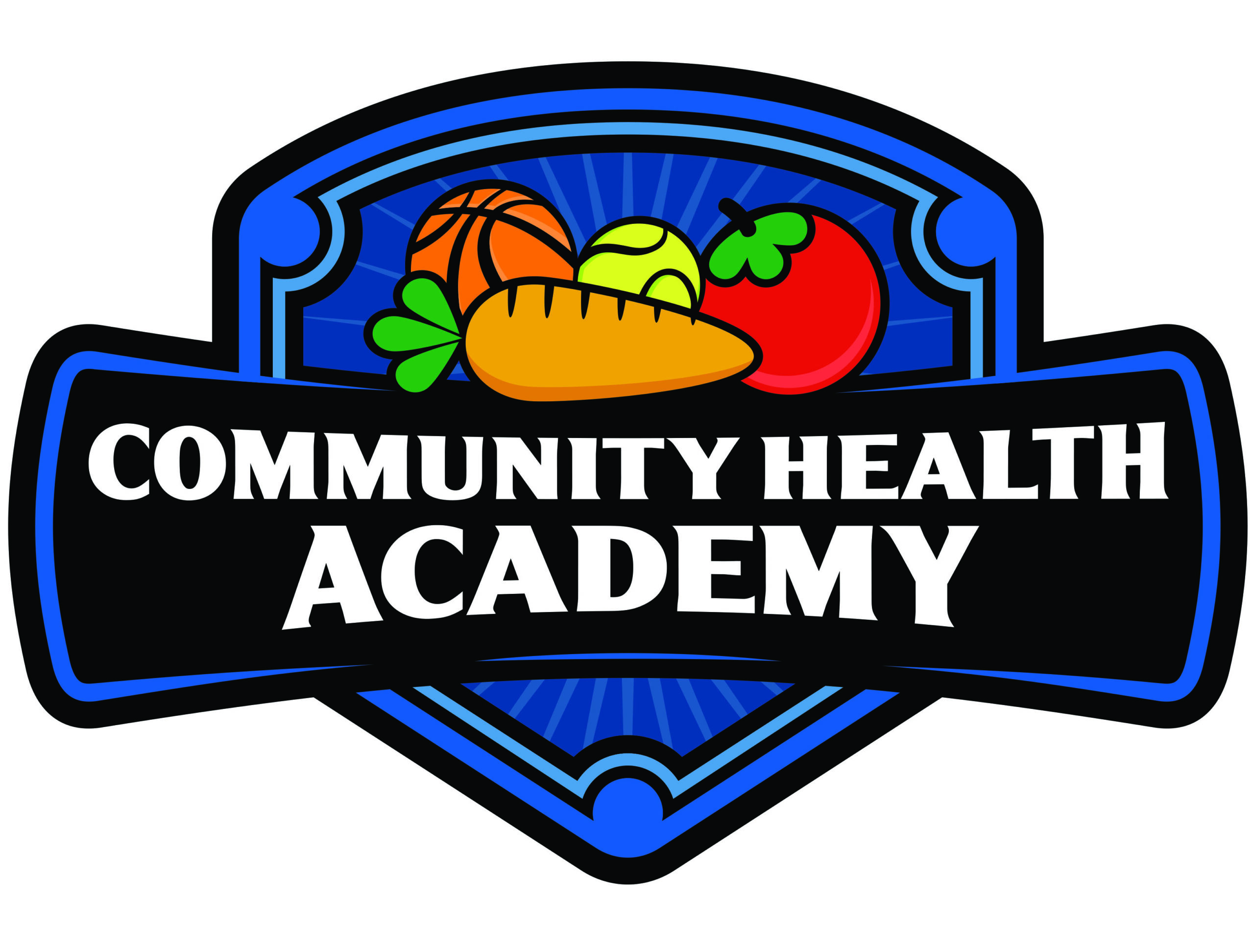Nine Idaho cities are participating in the 2022 Community Health Academy, an annual program of the Blue Cross of Idaho Foundation for Health that provides expertise and funding to help build healthier communities.

Mayors and city staff collaborate with each other and learn from local and national experts in this learning collaborative. We’re highlighting the individuals who are presenting to the mayors and community leaders during the academy.
Today’s spotlight is on Eileen Horn and Sarah Brown with New Venture Advisors, who will be presenting on how communities can strengthen their food systems in a virtual session in September. This will be the second time that New Venture Advisors has led a session in the Community Health Academy.


Question: Tell us about yourselves
Eileen: I’ve worked as a Project Manager with New Venture Advisors for 3 years. Our team is spread out across the country, and my home base is Taos, New Mexico. My husband, and two young sons recently moved to New Mexico last year from Kansas and we’re loving the mountain weather, the spectacular sunsets, and alllll the chiles.
Sarah: I began working as a Food Policy Specialist with New Venture Advisors this year. I am based in Atlanta, Georgia, where I work as the Policy and Advocacy Manager for a regional nonprofit, leading efforts to engage city governments in local food systems planning. I’m often found hiking the North Georgia mountains with my husband and Australian Shepherd or working on transforming our yard into a food forest.
Q: What does your organization do?
A: New Venture Advisors is a strategy consulting firm specializing in food system planning and food enterprise development. Our team is committed to environmental sustainability, social impact, equity, diversity, and inclusion as we help our clients realize their vision for a more just and sustainable food system.
Our clients are nonprofit organizations and municipal planning agencies launching new programs, policies and social enterprises that benefit their communities by promoting sustainable agriculture, economic development, food access, hunger relief and health equity, as well as entrepreneurs and investors capitalizing on the extraordinary growth of the good food sector.
Over the past decade, we have helped more than 150 clients develop food systems through strategic investments and creative planning and programming.
Q: Why are you in this line of work?
Eileen: I am a total food policy nerd. I have spent my career working in local and state government, focused on policies that address sustainability and health – both as an elected official and as city/county staff. I love working with communities to identify policy opportunities to build a robust local food economy that benefits all.
Sarah: I love coming at complex problems from multiple angles. I believe that food systems change requires a balance of policy solutions coupled with community support and engagement. I enjoy helping to strengthen connections between residents and their governments to work towards equitable and resilient strategies that support local food and agriculture.
Q: Why is addressing social determinants of health important?
Eileen: Access to healthy, affordable, culturally-appropriate food is a major driver of health outcomes. Without the foundation of a healthy diet, it’s hard for folks to reach their full potential.
Sarah: You can’t fully evaluate topics such as food security without diving into systemic issues driving health disparities and inequity that require investment in improving people’s social and physical environments.
Q: What are the benefits of learning collaboratives such as the Community Health Academy compared to traditional grant funding?
Eileen: We see a lot of grant-funded projects in our food systems work. Grant-funded initiatives can be great, but if they’re just one-off programs, they don’t tend to have the long-term impact that PSE (policy-systems-environment) change can have.
Sarah: As planners, we’re always looking for ways to ensure our plans and assessments are actionable and don’t end up on a shelf at the end of a grant cycle. A focus on PSE change helps create supportive ecosystems for sustainable impact strategies.
Q: What’s your favorite baseball team and why? (we asked our attendees this question during our first session)
Eileen: Kansas City Royals all the way! They are scrappy and sometimes terrible, but I love them just the same!
Sarah: Atlanta Braves! The energy around their run to the World Series last year was infectious here in Atlanta.
